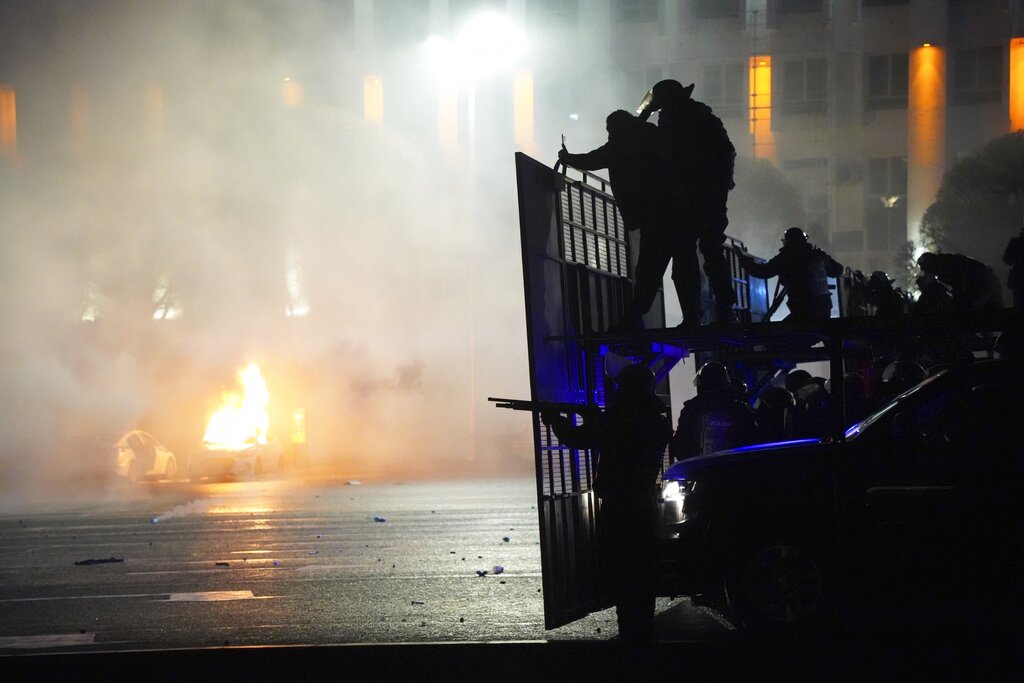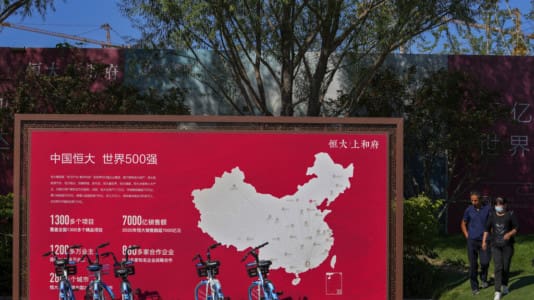The Russian peacekeeping exercise in Kazakhstan will inevitably result in the diversion of certain resources from operations on the country’s border with Ukraine, expert Marie Dumoulin has said.
Dumoulin, a former high-ranking official in both the French and German foreign ministries with extensive experience of the Eastern Europe politics was discussing the civil unrest witnessed in Kazakhstan this week in an interview with the Polish Press Agency (PAP), in which she claimed the current riots were triggered by the sudden increase in liquid gas prices but had now progressed into wider dissent at the current regime.
“The difference with the current situation is that the protests have rapidly spread across all of Kazakhstan and have taken a political dimension,” she told the Polish media outlet.
“The protests broke out due to local conditioning. It was Kazakhstan’s president Kassym‑Jomart Tokayev who had tried to impose a geopolitical narrative by claiming that the protests were a terrorist operation directed externally,” she explained.
Dumoulin pointed out that this was Tokayev’s justification for asking for a Russian-led peacekeeping intervention from ex-Soviet allies including Armenia and Tajikistan.
One cannot forget in this case, that with Russia there is always the same problem: when something starts, you never know when or where it will end.
The French expert believed that the decision was Tokayev’s way of communicating to the protesters that they should give up, and a message to Russia that Kazakhstan would remain a loyal ally. It was also a way for him to gain Moscow’s support in internal politics, as Tokayev did not previously have his own political capital, she suggested.
Dumoulin spoke at length about whether the Kremlin would opt to maintain a military presence in Kazakhstan for a longer period, emphasizing that such a decision would have several negative consequences. Tokayev is already being criticized for having allegedly sold his country’s sovereignty to Russia and a permanent Russian presence could lead to ethnic tensions between Russians and Kazakhs.
“Nevertheless, one cannot forget in this case, that with Russia there is always the same problem: when something starts, you never know when or where it will end,” she warned.
As to whether or not Russian intervention in Kazakhstan could potentially affect its operations closer to home, namely Ukraine, Dumoulin acknowledged that it was highly likely that the Kremlin “would have to divert some of the resources which otherwise would’ve been used to invade Ukraine, if such an invasion was planned.”
Dumoulin explained that the events in Kazakhstan would have an impact on the upcoming U.S.-Russian talks because various Russian media outlets have already started presenting the protests as a “colored revolution” inspired by the West.
“Western countries should watch out, so that they do not fall into the trap of politically interpreting these events and pay more attention to the local dynamic which is the key to understanding the affair,” she warned.






